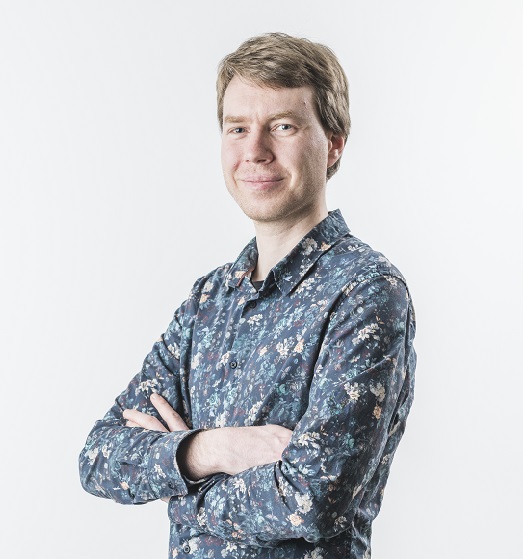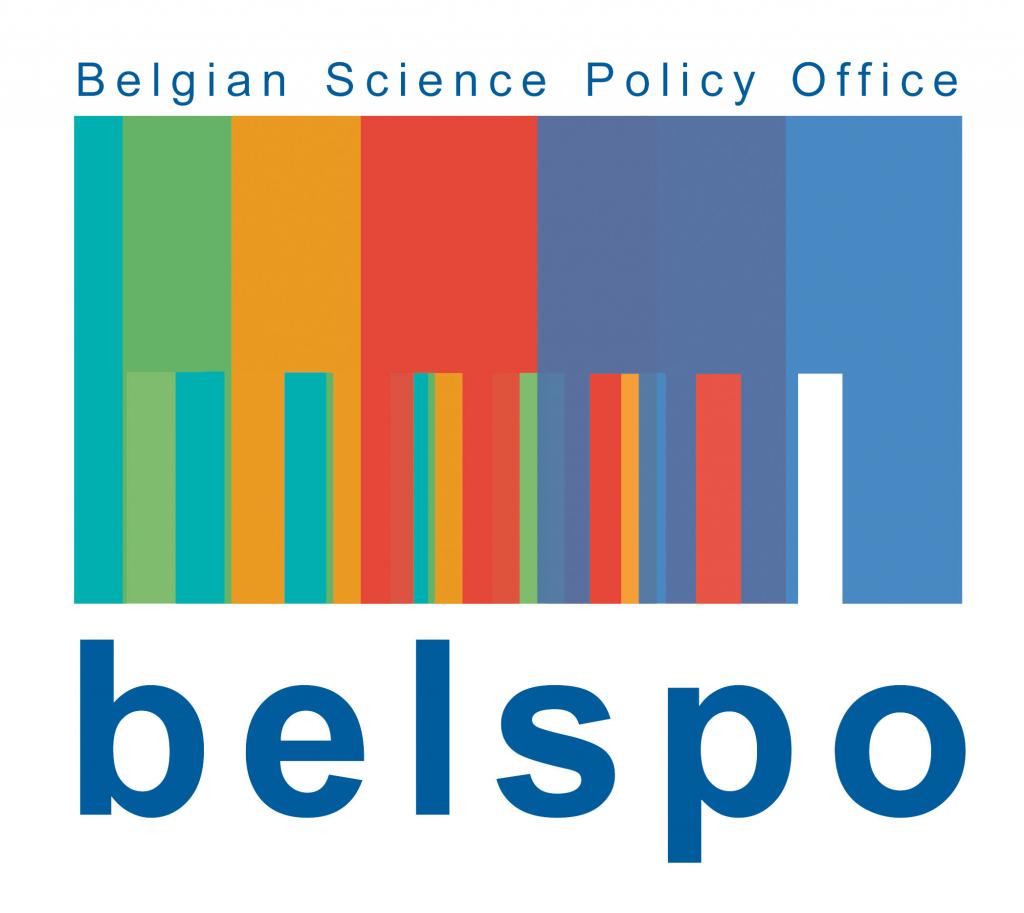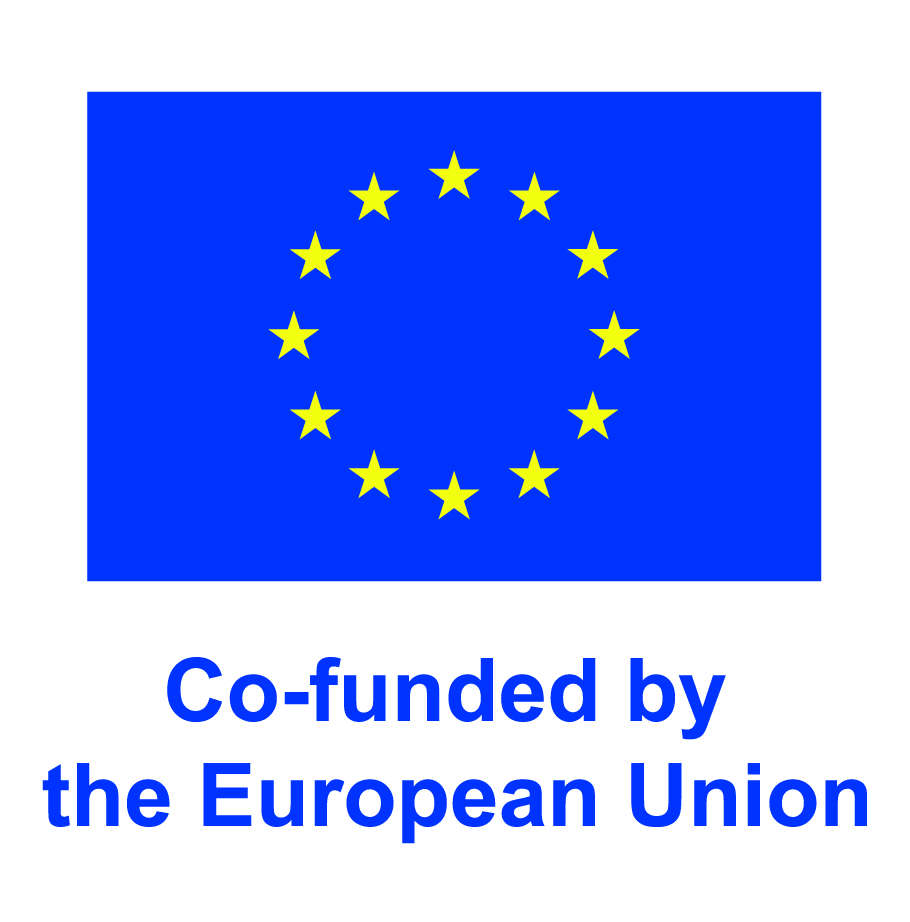Earlier this year, we announced that Belnet was collaborating on the roll-out of a Quantum Key Distribution network in Belgium. The BeQCI project brings together partners from the R&E sector and industry to set up and test this promising technology in our country. Jo Segaert, network engineer at Belnet and lead 'deployment' of BeQCI, gives us an update.
Within the consortium, Belnet is responsible for rolling out the infrastructure. Can you explain what preparatory work has already been done?

The infrastructure we are setting up is a combination of fibre-optic links and quantum devices that will be linked to them. For fibre, we have already surveyed the market and are currently installing the lines. These are essentially no different from the fibre-optic connections also used for the Belnet network.
What will make the infrastructure different are the Quantum Key Distribution (QKD) boxes. These are machines that use quantum physics effects to generate a stream of arbitrary (random) data at both ends of the fibre-optic connection that is guaranteed to not be read by a third party along the way. This is enabled by certain effects found in quantum mechanics. This allows cryptographic keys to be communicated securely between senders and receivers. Our current understanding of physics assures that this method of key exchange is perfectly secure and will always remain so.
The specifications for the purchase of this QKD equipment were recently published. We are one of the first in Europe to issue such specifications and expect to complete the purchase procedure within about six weeks. The equipment will be sourced from multiple suppliers across Europe, this in order to test and compare different systems.
Where will the QKD links be set up?
We will install the equipment at six sites: two in Flanders, two in Wallonia and two in the Brussels region. This will create 3 QKD links that should be fully operational by the end of November 2023.
In the next phase, we will set up a link to test the technology over a longer distance, and then also transfer one of the lines to Limburg. The (re)installation of the equipment will be done by Belnet in all cases. At the same time as rolling out the infrastructure, we can start working on the use cases.
How will those use cases come about?
At the sites where the quantum equipment is in place, consortium members will first conduct their own tests. After that, the plan is to invite research and educational institutions, governments and private companies to propose use cases. The potential of quantum communication is potentially very high for our member organisations and it could create a European industrial quantum communication ecosystem. The use cases should help us assess the practicality of different QKD systems and protocols for QKD.
BeQCI is part of a larger European project. Do you monitor what happens in other countries?
In many European countries, our colleagues from the National Research and Education Networks (NRENs) are involved in rolling out the Quantum Key Distribution network. At European level, through the GÉANT project, we exchange information and share knowledge and experiences. Some countries such as the Netherlands and Poland already have more experience with this technology, which makes it worthwhile to follow their developments.
Will all communications soon be secured with QKD?
Not quite. The technology is currently still in its infancy. Bridging longer distances in particular is still a big challenge. Significant technological breakthroughs will still be needed in several areas (e.g. quantum repeaters) to deploy Quantum Key Distribution networks on a large scale. Cost is another stumbling block. This is precisely why research - an important part of the BeQCI project - is so important.
For myself, besides the excellent collaboration with the numerous internal and external stakeholders, the project offers an opportunity to delve into this incredibly fascinating subject matter.

